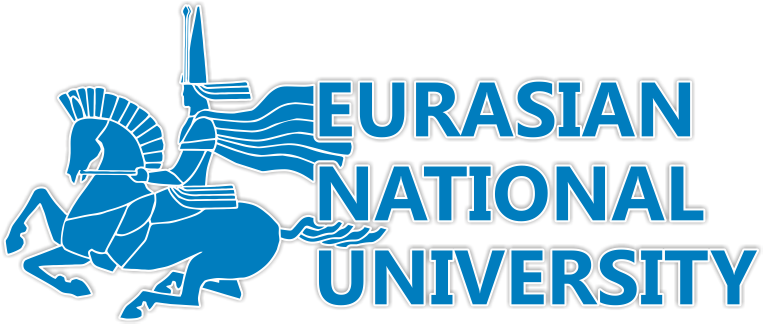The Anti-Corruption Agency of the Republic of Kazakhstan together with the University of KAZGUU named after M.S. Narikbayev held the International Forum-Seminar «Actual Issues of Improving Scientific Anti-Corruption Expertise».
Murat Akhmetov, head of the Prevention Service of the Anti-Corruption Service, noted that since the implementation of the anti-corruption expertise, 12,000 draft legal acts have been covered, in which more than 32,000 corruption risk factors have been identified.

«According to the results of the examination, about 5.2 thousand legal acts were adopted and put into effect, in which the share of recommendations taken into account was 52.7%. Thus, in more than half of the adopted legal acts, corruption risks are excluded at the development stage. That is, the state puts another barrier on the way of corruption,» said the head of the Prevention Service.
«All regulatory legal acts must go through anti-corruption expertise, regardless of the entities initiating their creation, there should not be legal acts exempted from this expert study. It is necessary to move from the fact that the conclusion of the examination is advisory in nature, to the obligatory acceptance by the state body of the expert's remarks», said Talgat Narikbayev, Chairman of the Board of M.S. KAZGUU University Narikbaeva.
It should be noted that the ultimate goal of anti-corruption expertise is to minimize the corruption-prone norms of the current legislation.

However, according to Svetlana Arystambayeva, a member of the Board of Trustees of the Transparency Kazakhstan Public Foundation, statistics show that the volume of corruption in projects, mostly unintentional, is not decreasing, as is the number of carelessly prepared projects by local executive bodies.
During the forum, advanced international (Germany, Georgia, Ukraine) anti-corruption experience was presented, including in the examination of legal acts, key and problematic issues of improving the methodology for assessing corruption risks, as well as issues of improving rule-making work were considered.

Read more:
https://www.gov.kz/memleket/entities/anticorruption/press/news/details/378457?lang=ru
https://egemen.kz/article/313928-sybaylas-dgemqorlyq-ghylymi-saraptamanynh-manhyzy-nede
https://elitar.kz/ru/materialy/politika/voprosy-borby-s-korruptsiyey-obsudili-eksperty-raznykh-stran
https://www.youtube.com/watch?v=AZRin9r4n00
https://dknews.kz/ru/v-strane/237803-12-tysyach-proektov-normativno-pravovyh-aktov


